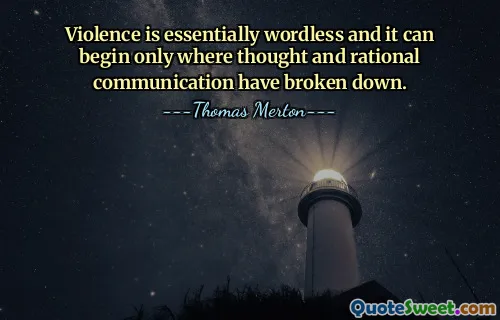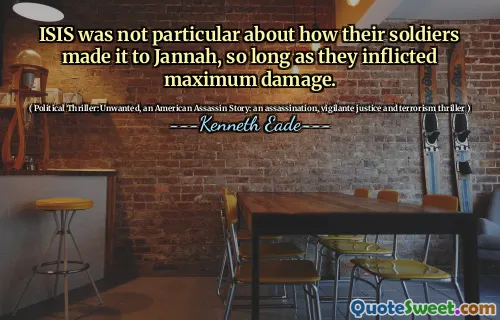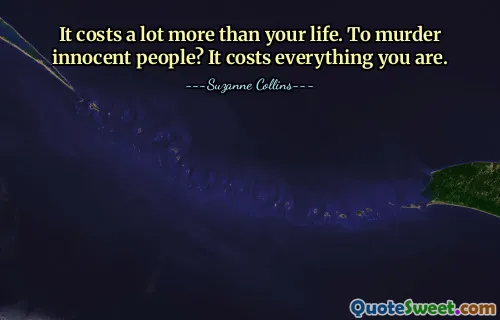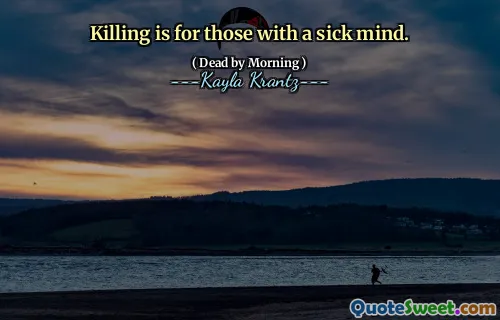I aint sure we've seen these people before. Their kind. I dont know what to do about em even. If you killed em all they'd have to build a annex on to hell.
The quote expresses a sense of confusion and helplessness in confronting a type of evil that feels foreign and overwhelming. The speaker reflects on the nature of these individuals, suggesting that their presence is unsettling and perhaps unprecedented. This uncertainty hints at the struggle to understand and combat malevolence that seems beyond the capacity of ordinary moral judgment.
Furthermore, the reference to building an annex on to hell implies that the existence of such people is not just a local issue but a profound moral crisis. It emphasizes the speaker's belief that traditional methods of dealing with crime or evil may be inadequate, indicating a deeper philosophical question about human nature and the limits of justice in a world filled with darkness.





